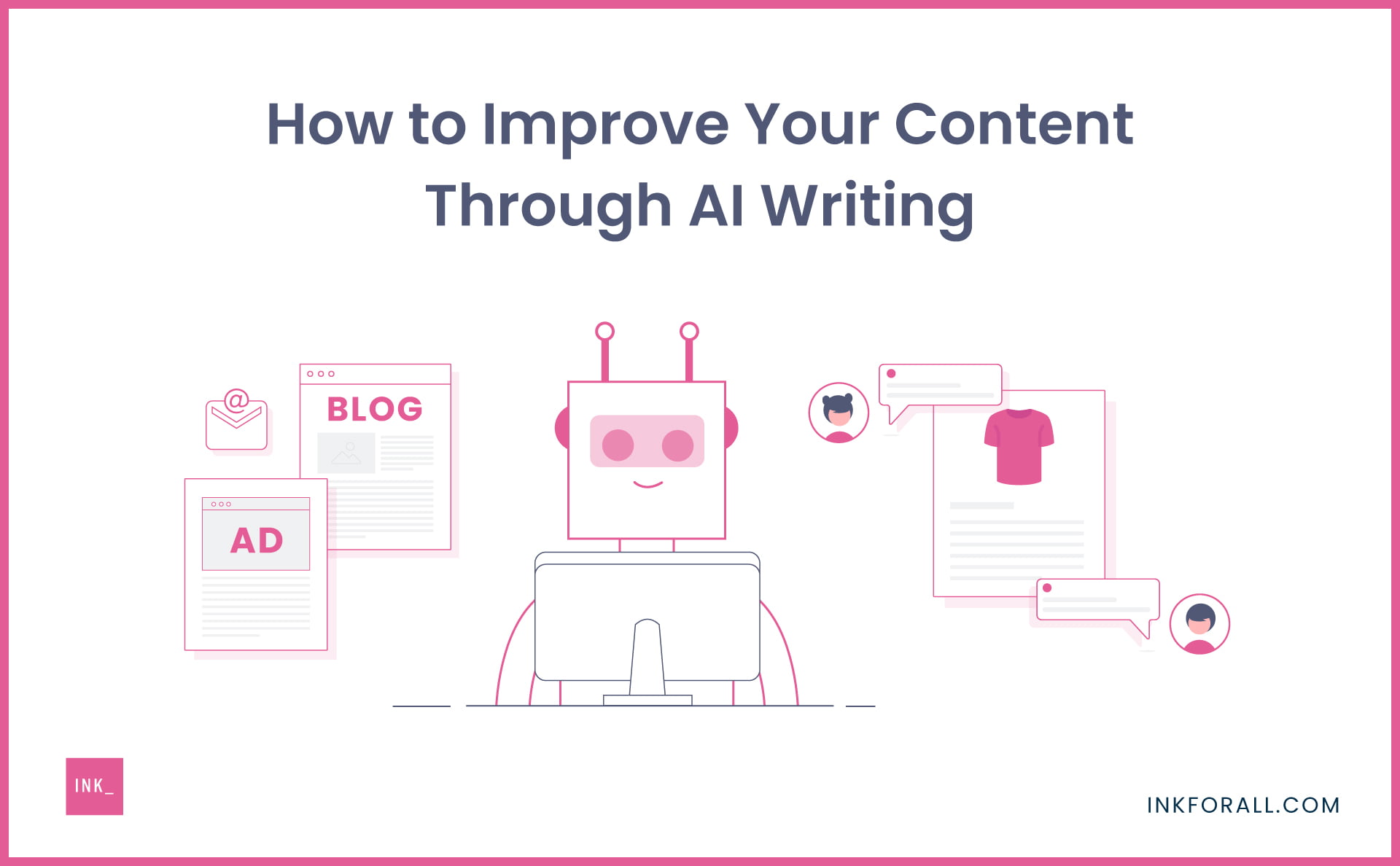 Techniques, Tools, and Strategies to Achieve Proficiency in NLP for Modern SEO
Techniques, Tools, and Strategies to Achieve Proficiency in NLP for Modern SEO
SEO has evolved significantly over the years, and one of the key factors driving this change is advanced natural language processing (NLP). Gone are the days of keyword stuffing; search engines like Google now rely on NLP to understand user queries and match them with relevant content. In this article, we will explore the key NLP concepts shaping modern SEO and provide insights into how you can optimize your content using these techniques.
How do machines understand language?
To understand how machines analyze and work with text, it’s essential to recognize that computers operate based on numbers and signals, not concepts like letters and words. When you press a letter on your keyboard, the computer receives an electrical signal and processes it through a low-level program to perform specific actions. In the context of NLP, the challenge lies in teaching machines to interpret and generate human language, which is inherently nuanced and complex.
Foundational NLP techniques
Foundational NLP techniques enable computers to understand text by recognizing patterns and relationships between numerical representations of words. These techniques include tokenization, where text is broken down into constituent parts like words or phrases, and vectorization, where words are converted into numerical values. By leveraging these techniques, algorithms can start to “understand” text based on patterns rather than perceiving words as concepts.
The limitations of latent semantic indexing (LSI) techniques
Latent semantic indexing (LSI) is a term often used in SEO circles to describe the concept of including conceptually related keywords or phrases in content to improve search engine understanding. However, LSI is an outdated technique that was designed to find similarities in a small group of documents. Google doesn’t use LSI or semantic indexes directly in its ranking algorithm. Instead, it employs more advanced NLP techniques that go beyond keywords.
The role of entities in modern SEO
Entities play a crucial role in NLP and SEO. Google uses entities in two main ways: knowledge graph entities and lower-case entities. Knowledge graph entities refer to well-defined entities like famous authors or historical events that exist within Google’s Knowledge Graph. Lower-case entities, on the other hand, are recognized by Google but are not prominent enough to have a dedicated spot in the Knowledge Graph. Understanding entities helps craft content that aligns with user goals and queries, making it more likely to be deemed relevant by search engines.
Named entity recognition (NER)
Named entity recognition (NER) is an NLP technique that automatically identifies named entities in text and classifies them into predefined categories such as names of people, organizations, and locations. NER can be achieved using rule-based systems, statistical models, or deep learning models. Google likely uses a combination of these approaches to recognize entities as they enter the internet ecosystem.
Neural matching and BERT
Google has adopted advanced NLP techniques like neural matching and BERT (Bidirectional Encoder Representations from Transformers) to better understand user intent and improve search results. Neural matching helps Google read between the lines and understand the context behind a search query. BERT, on the other hand, allows Google to process words in relation to each other rather than individually, enabling a more accurate understanding of user intent.
Large language models (LLMs) and retrieval-augmented generation (RAG)
In addition to traditional NLP techniques, large language models (LLMs) like GPT (Generative Pre-trained Transformer) and retrieval-augmented generation (RAG) are revolutionizing how machines understand and generate human language. LLMs are trained on vast datasets and can predict the next word in a sentence based on context. RAG combines generative capabilities with information retrieval to ensure accurate and reliable text generation.
Applications in SEO
Understanding and leveraging NLP techniques can enhance your content creation and optimization strategies. By identifying key entities in your content, analyzing user intent, improving readability and engagement, and conducting semantic analysis for content expansion, you can optimize your content to align with user goals and improve search performance.
In conclusion, NLP is reshaping the landscape of modern SEO. By understanding how machines process language, leveraging advanced NLP techniques like entities, neural matching, and BERT, and exploring new frontiers like large language models and retrieval-augmented generation, you can achieve proficiency in NLP for modern SEO and optimize your content to better meet user needs.
